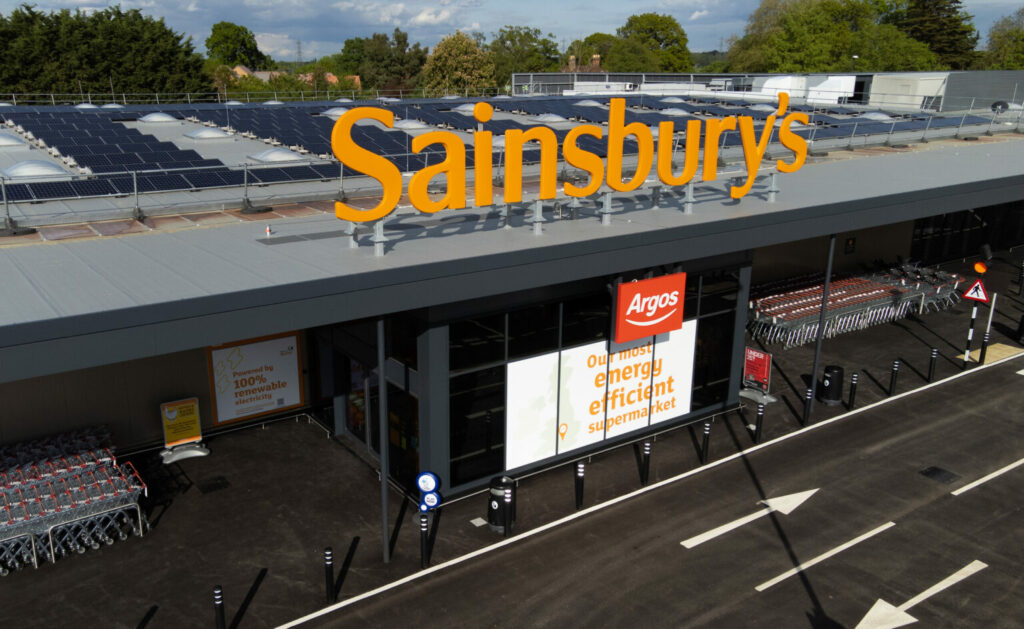Lidl’s UK operation is facing increased borrowing costs, posing a potential challenge to its relentless growth plan across the nation.
The German discounter’s British arm plunged into the red after the interest bill on its debts almost trebled to £108m, This is Money reports.
Along with fellow discount rival Aldi, the grocers have stolen significant market share away from traditional supermarkets, with the pair accounting for £1 of every £5.50 spent in grocers.
Amid the cost of living crisis, even more shoppers have abandoned the previous ‘Big 4’ supermarkets as they look to keep basket spend at a minimum.
Both Aldi and Lidl are privately-owned, with Lidl controlled by the Schwarz family and Aldi by the Albrechts.
But unlike Aldi, which is solely funded by its family owners, Lidl relies on external loans from banks for ‘at least half’ its financing, according to Marc Houppermans, of Dusseldorf-based Discount Retail Consulting.
This reliance on external loans is likely to impede Lidl’s ambitions for future expansion, he added.
Subscribe to Retail Gazette for free
Sign up here to get the latest news straight into your inbox each morning
Houppermans told This is Money that Aldi co-founder Theo Albrech always said that when interest rates rose, Lidl would be in trouble.
Lidl, which is still growing at almost 20%, has almost £3bn of debts due to be repaid in the next five years. In recent months it has slowed its store opening programme and laid off staff across its property buying division.
Although recently, Lidl UK chief executive Ryan McDonnell said there was ‘no ceiling’ on its expansion plans.
In turn, Lidl is not the only major supermarket to face rocketing debt servicing costs.
Asda and Morrisons were both saddled with huge borrowings when they were bought by private equity groups, with the pair paying a total of £900m in interest charges last year, wiping out profits.
The fact Morrisons and Asda have more debt under private equity owners ‘undoubtedly’ impacts on their ability to compete, said retail consultant Richard Hyman.
READ MORE: Is private equity ownership slowly killing retail?
Analysts say market leaders Tesco and Sainsbury’s are better placed to cope with rising borrowing costs because they also have access to shareholder equity as another source of funding.
Click here to sign up to Retail Gazette‘s free daily email newsletter

















